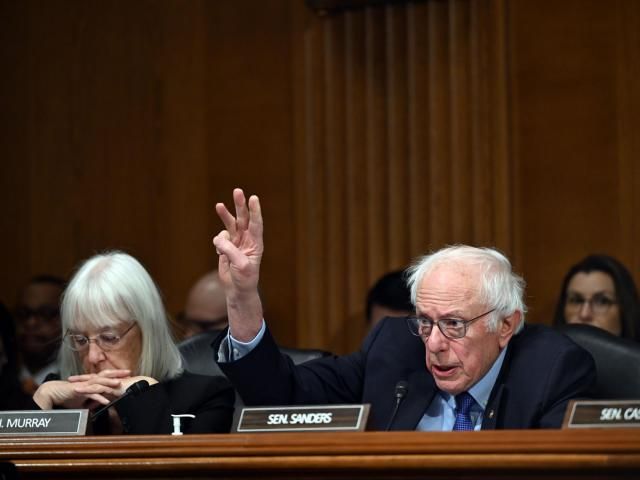GOP Healthcare Bill Faces Scrutiny: Will Millions Lose Medicaid and Health Coverage?

A recently unveiled Republican healthcare bill is drawing intense scrutiny and sparking concerns about its potential impact on millions of Americans. Critics argue the proposed legislation could strip away Medicaid and health insurance coverage for an estimated 13.7 million individuals, potentially leading to hospital closures and significant premium increases nationwide. This article delves into the details of the bill, examining the potential consequences and the ongoing debate surrounding its implementation.
Understanding the Proposed Bill
The Republican plan, touted by some as a 'big, beautiful bill,' aims to overhaul the existing healthcare system. Key components reportedly include significant changes to Medicaid eligibility requirements and adjustments to the Affordable Care Act (ACA), also known as Obamacare. Proponents argue these changes are necessary to control rising healthcare costs and promote market-based solutions. However, opponents contend that the bill's provisions would disproportionately harm vulnerable populations and destabilize the healthcare market.
Potential Impact on Medicaid Recipients
One of the most contentious aspects of the bill is its proposed changes to Medicaid. The current version of Medicaid provides healthcare coverage to millions of low-income individuals, families, and children. The Republican plan proposes stricter eligibility requirements, which could result in significant numbers of people losing their coverage. Estimates suggest that as many as 13.7 million Americans could be affected, potentially facing difficulty accessing essential healthcare services.
Concerns About Hospital Closures and Premium Increases
Beyond the impact on Medicaid recipients, critics also express concern about the bill's potential effects on hospitals and insurance premiums. Reduced Medicaid enrollment could strain hospital finances, potentially leading to closures, particularly in rural areas that rely heavily on Medicaid reimbursements. Furthermore, changes to the ACA could result in higher premiums for those purchasing health insurance on the individual market, making coverage less affordable for many.
The Ongoing Debate
The Republican healthcare bill has ignited a fierce debate in Washington and across the country. Democrats have strongly condemned the plan, arguing that it would undermine access to healthcare and harm vulnerable populations. Republicans, on the other hand, maintain that the bill is necessary to address the shortcomings of the current system and create a more sustainable healthcare model.
Fact-Checking the Claims
It's crucial to examine the claims surrounding this bill with a critical eye. Independent analyses from organizations like the Congressional Budget Office (CBO) are essential for understanding the potential impact on coverage, costs, and the healthcare system as a whole. The figures regarding the number of people losing coverage, as well as the projected premium increases, are subject to ongoing debate and refinement as the bill evolves.
Conclusion
The Republican healthcare bill represents a significant attempt to reshape the American healthcare landscape. While proponents argue it will lead to greater efficiency and affordability, critics warn of potential consequences for millions of Americans. As the debate continues, it's essential to stay informed and critically evaluate the claims made by both sides. The ultimate fate of the bill remains uncertain, but its potential impact on healthcare access and affordability is undeniable.






